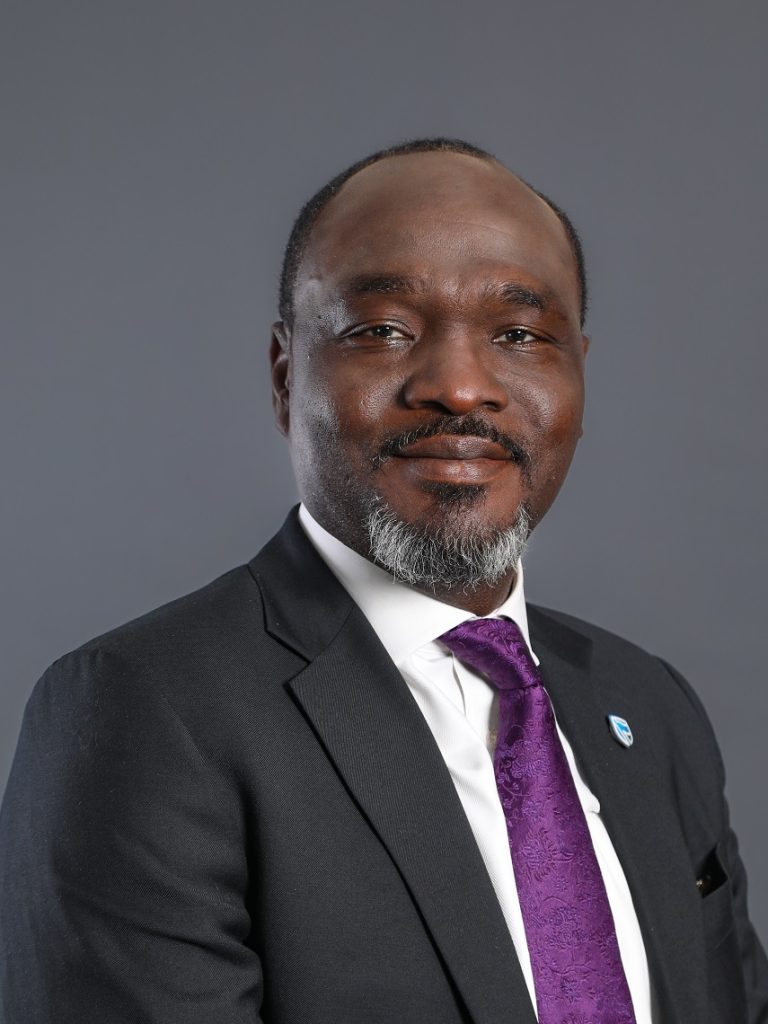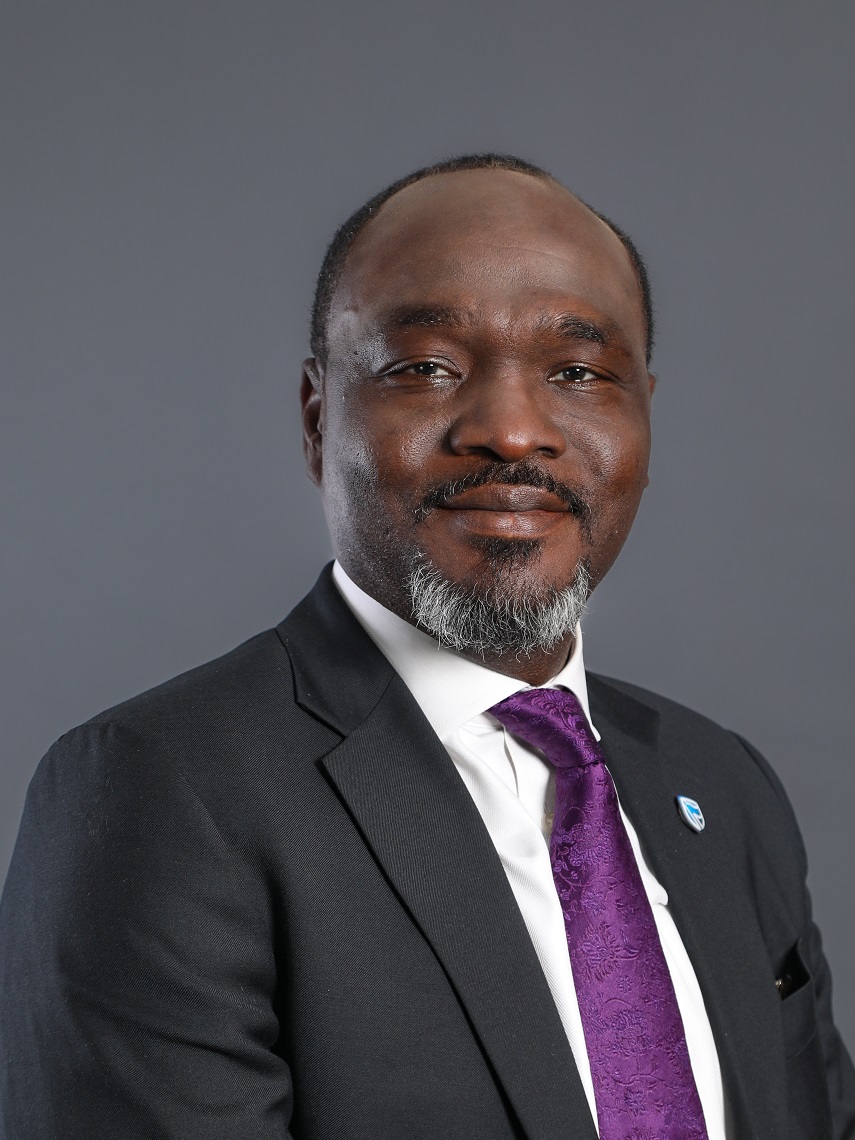
Tunde Macaulay
Africa’s AfCFTA trade agreement is the world’s largest free trade bloc. It opens access to potential markets of about 1.3 billion people and an estimated combined GDP of US$3.4 trillion. Still, as delegates attending the Standard Bank Africa Unlocked conference in Cape Town heard recently, intra-African trade, at 16%, lags far behind other blocs.
Discussing the introduction of the African Continental Free Trade Area (AfCFTA) Agreement at the conference, panel members* highlighted that, in contrast to intra-Africa trade, which accounts for about 16% of Africa’s total exports, levels of bloc trading have reached 55% in Asia, 49% in North America and 63% in countries within the EU.
Given these statistics, it was highlighted that the AfCFTA should be leveraged to position African products more relevantly across global and intra-African markets.
A significant factor delaying this progress is Africa’s failure to become economically complex by using its available products to develop products that can open opportunities in new fields. The principle of economic complexity, mastered in developed countries, has enabled countries such as the USA to create and export products based on oil for more than a century.
Nigeria, which also has access to oil, has not taken the step into complexity. As a result, the country is importing petroleum jelly; a product that could easily be locally duplicated. The same problem exists in many African markets where, for decades, beneficiation of raw materials has not occurred.
COVID-19 has been another limiting factor for African trade, and the continent is still recovering from the pandemic’s impact, while many parts still grapple with the economic damage inflicted by it. At the same time, Africa still suffers the effects of having to shoulder a disproportionate disease burden in comparison with that carried by other continents.
Despite the disease burden, the continent still imports most of its healthcare supplies, and its trade deficit continues to increase. Rectifying this situation and providing for a more significant portion of its own healthcare requirements would greatly support the continent in its effort to become ‘healthier ‘ at lower cost, saving precious foreign currency and promoting competitive growth through intra-African and global trade.
The panel affirmed that three conditions must be present for trade to improve welfare levels and fulfil the mission of leveraging intra-African and global trade to reduce poverty and increase employment among participating nations.
The first of these is financial development. When domestic private credit extension as a share of GDP reaches 18%, trade begins to reduce poverty.
Education is the second factor. A better-educated labour force translates into enhanced capabilities and productivity.
The third factor is governance. Although trade oils the machinery of growth, research has shown that in countries with higher levels of sound governance in all sectors of society, trade is far more effective at reducing poverty.
In practical terms, promoting intra-African trade and global exports of African goods means connecting buyers and sellers so that markets can be explored, and products and services can be evaluated and adopted.
In African countries, more attention must be paid to forming strong local and international links and taking the necessary steps to ensure that all potential importers and exporters are fully aware of regulations, legislation and other important factors impacting potential partners.
The AfCFTA presents its signatories with an opportunity to aggregate volumes across the continent and leverage Africa’s power. Pooling procurement can help simultaneously realise the promise of African industry and lessen the continent’s reliance on imports.
If this could be accompanied by a review of the incentives offered to industry by countries such as India, which include investment opportunities in different economic zones, soft trade loans and subsidised land, water, and electricity, as well as tax breaks and similar benefits could be introduced across Africa, the continent’s trade development would be increased.
Although African countries may not be able to offer the same depth of incentives that a country such as India can, a start could be made through the removal of tariffs to help close the gap. The African tradition of exporting raw materials and then importing products containing these same materials at massively increased prices is counterintuitive.
The concept of ‘trading as one’ may require adjustments across the continent, but as AfCFTA matures, there is no doubt that the present concerns about intra-African trading and its potential impact on local businesses in participating countries will dissipate as the promises of growth and prosperity are realised.
DID YOU KNOW?
Members of the panel in this event were:
Professor Haroon Bhorat is a Professor of Economics at the School of Economics and Director of the Development Policy Research Unit (DPRU) at the University of Cape Town. His research interests cover labour economics and poverty and income distribution. He has co-authored two books on the labour market and poverty issues in South Africa and has published more than 150 academic journal articles, contributed book chapters, and working papers. He recently co-edited The Oxford Companion to the Economics of South Africa.
His PhD in Economics was earned at the University of Stellenbosch, and he has also studied at the Massachusetts Institute of Technology and been a Cornell University research fellow.
Ronel Stander is the CEO of Wesgro, the official tourism, trade and investment promotion agency for Cape Town and the rest of the Western Cape. This publicly funded organisation has a private-sector board, and the government and the private sector coordinate several ‘catalytic projects’ for the city and the province region. These include connecting the province with the rest of the world, encouraging cruise ship visits to the Cape, and taking Cape-based businesses into the international arena.
Dr Stavros Nicolaou is the Group Senior Executive, Strategic Trade at Aspen Pharmacare Holdings, Africa’s largest pharmaceutical manufacturer. He has over 28 years of experience in the South African and international pharmaceutical industry and is a previous winner of the SA Institute of Marketing Management (IMM) Health Care Marketer of the Year Award. He was inducted as a Fellow of the Pharmaceutical Society of South Africa (PSSA), one of the highest honours bestowed by the PSSA, and was recently awarded an Honorary Doctorate of Science in Medicine from Wits University, the first pharmacist in the country to receive this.
Tunde Macaulay, Head of Africa Regions and Offshore at Standard Bank Business and Commercial Banking. He writes in his personal capacity.
INFO SUPPLIED.


